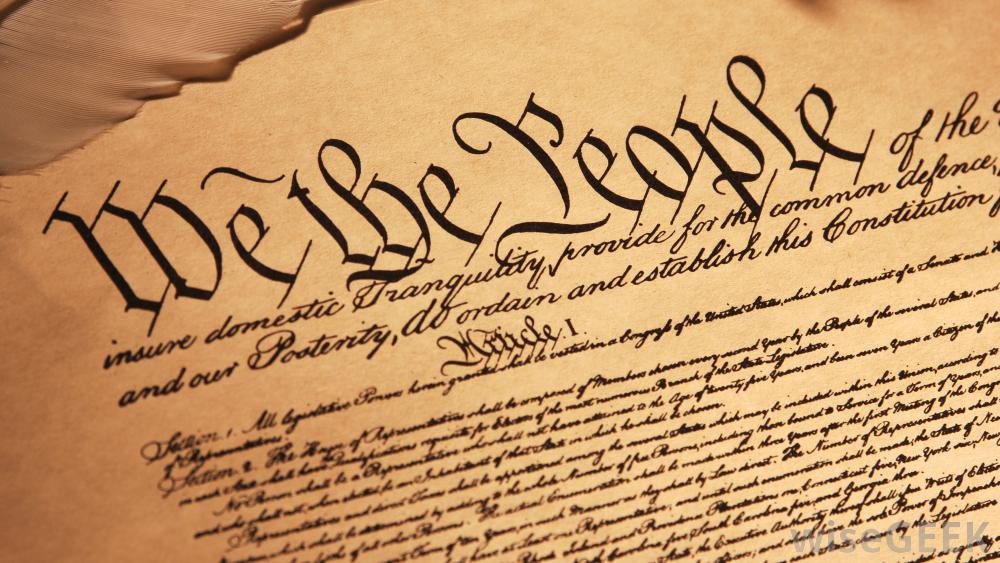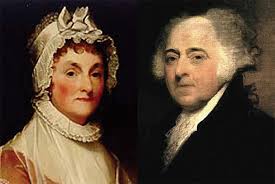The Wisdom Chronicle is designed to bring nuggets of wisdom from the dozens of books I read every year. I endeavor to share the best of what I have gleaned. The determination of relevance lies with you. Blessings, J. Whiddon
541. POWER OF THE AIRWAVES “Hitler prepared for battle by infiltrating France’s airwaves. Germany hired native-French broadcasters to lure unsuspecting listeners to tune in to amusing radio shows and popular music. Many listeners were oblivious to the propaganda that was subtly included. These radio commentators expressed worry over the German army’s dominance and military strength, and predicted that France could not withstand an attack. The doubt Hitler’s radio programs planted in French minds quickly spread. Edmond Taylor, a correspondent for the Chicago Tribune who lived in France during this period, witnessed Hitler’s intricately choreographed propaganda campaign and how it crumbled France’s resolve. Describing it as a “strategy of terror,” Taylor reported that Germany spent enormous amounts on propaganda and even bribed French newspapers to publish stories that confirmed the rumors of Germany’s superiority. According to Taylor, Germany’s war of ideas planted a sense of dread “in the soul of France that spread like a monstrous cancer, devouring all other emotional faculties [with] an irrational fear [that was] . . . uncontrollable.” So weakened was the confidence of the French that something as innocuous as a test of France’s air-raid-siren system generated ripples of panic; the mere innuendo of invasion somehow reinforced the idea that France would undoubtedly be defeated.
Over 230 million Europeans, once free, fell under Nazi rule.”
Excerpt From: Molly Guptill Manning. “When Books Went to War.”
542. COMPUTER GAMES/SIMULATORS “Artificial renderings of space may provide stimulation to our eyes and to a lesser degree our ears, but they tend to starve our other senses—touch, smell, taste—and greatly restrict the movements of our bodies. A study of rodents, published in Science in 2013, indicated that the brain’s place cells are much less active when animals make their way through computer-generated landscapes than when they navigate the real world. “Half of the neurons just shut up,” reported one of the researchers, UCLA neurophysicist Mayank Mehta. He believes that the drop-off in mental activity likely stems from the lack of “proximal cues”—environmental smells, sounds, and textures that provide clues to location—in digital simulations of space. “A map is not the territory it represents,” the Polish philosopher Alfred Korzybski famously remarked, and a virtual rendering is not the territory it represents either.”
Excerpt From: Carr, Nicholas. “The Glass Cage: Automation and Us.”
543. PRAYER IN SCHOOLS In 1962, the state of New York proposed this prayer for Its schools: “Almighty God we acknowledge our dependence on thee and we beg thy blessing upon us, our parents, our teachers and our country.” The U.S. Supreme Court ruled it unconstitutional.
Excerpt From: Reagan, Ronald. “The Notes.”
544. TIME “Alas! There is no casting anchor in the stream of time!”
— Marguerite Gardiner, 1850
545. PLEASE JUST LISTEN “Many persons call a doctor when all they want is an audience.” — Readers Digest
546. GOOD CONVERSATION “If you want to know how to make people shun you and laugh at you behind your back and even despise you, here is the recipe: Never listen to anyone for long. Talk incessantly about yourself. If you have an idea while the other person is talking, don’t wait for him or her to finish: bust right in and interrupt in the middle of a sentence.
People who talk only of themselves think only of themselves. And “those people who think only of themselves,” Dr. Nicholas Murray Butler, longtime president of Columbia University, said, “are hopelessly uneducated. They are not educated,” said Dr. Butler, “no matter how instructed they may be.”
So if you aspire to be a good conversationalist, be an attentive listener. To be interesting, be interested. Ask questions that other persons will enjoy answering. Encourage them to talk about themselves and their accomplishments.”
Excerpt From: Carnegie, Dale. “How To Win Friends & Influence People.”
547. GEN. BRADLEY KNEW “General Omar Bradley was one of the main US Army field commanders in North Africa and Europe during World War II. Later, he was the first officer assigned to the post of Chairman of the Joint Chiefs of Staff. In 1948, he stated this powerful insight, “We have grasped the mystery of the atom and rejected the Sermon on the Mount. . . . The world has achieved brilliance without conscience. Ours is a world of nuclear giants and ethical infants.”
Excerpt From: Lee, Richard. “In God We Still Trust: A 365-Day Devotional.”
548. CONTROL YOUR TEMPER “You can measure the size of a person by what makes him or her angry.” — Bits and Piece
549. PRESIDENTIAL FAITH “No man who enters upon the office to which I have succeeded can fail to recognize how every president of the United States has placed special reliance upon his faith in God. Every president has taken comfort and courage when told . . . that the Lord “will be with thee. He will not fail thee nor forsake thee. Fear not—neither be thou dismayed”. . . Each of our presidents in his own way has placed a special trust in God. Those who were strongest intellectually were also strongest spiritually. . . .” — John F. Kennedy in a February 1961 speech
550. BE THERE “God doesn’t ask for ability, but for availability.”
— Unknown





